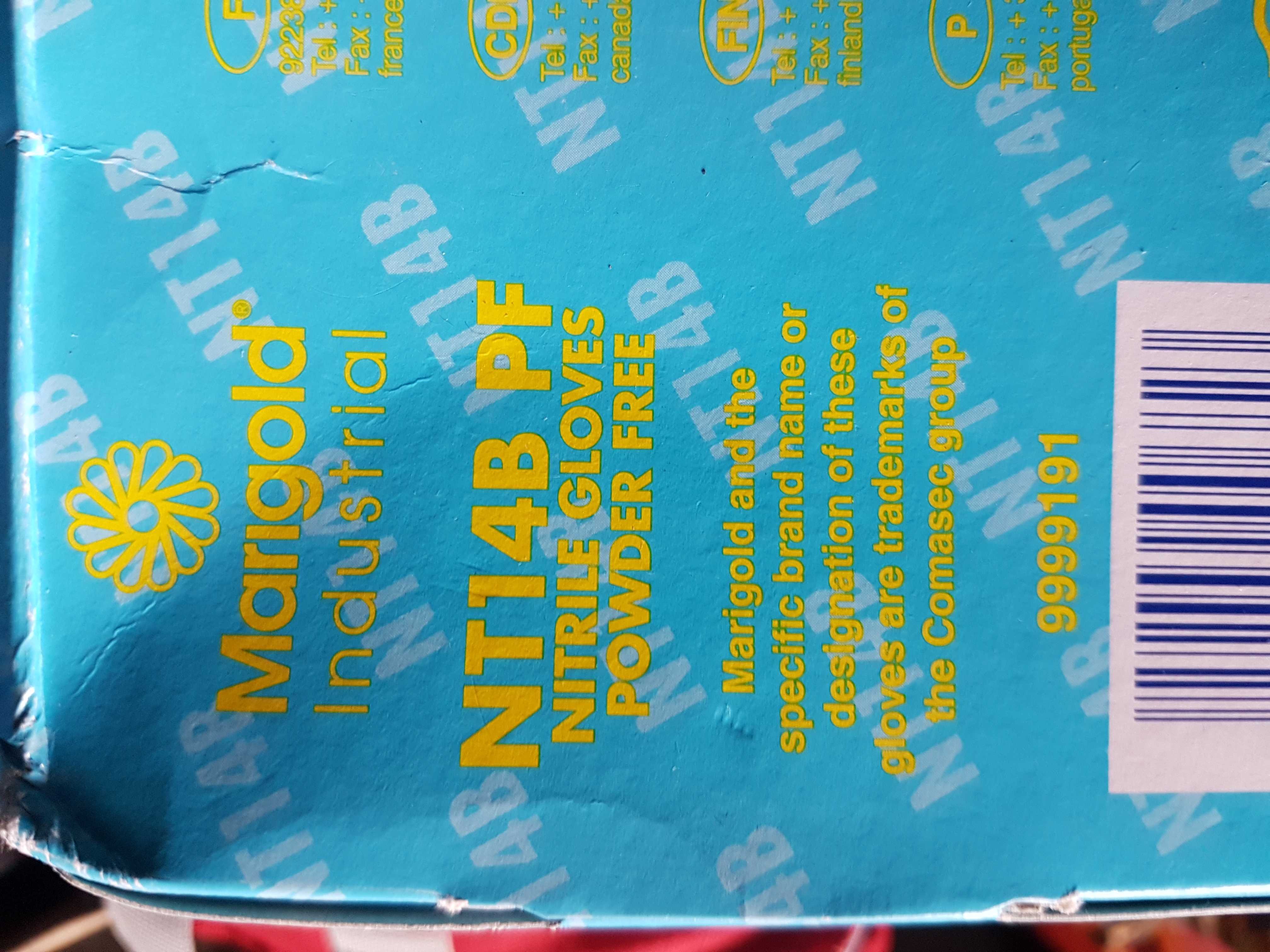SS_Smith
New Bee
- Joined
- Jul 13, 2017
- Messages
- 59
- Reaction score
- 0
- Location
- Leicestershire
- Hive Type
- National
- Number of Hives
- 1
Stings and mean bee's
This is starting to be not very much fun.
Wondering how many times you get stung when doing inspections and if it's just me or if I simply have mean bee's.
Only had them about 5 Weeks and have done 4 hive inspections.
1st time, not stung
2nd time, stung three times
3rd time, stung twice - Jacket and smoker
today stung 4 times - Jacket and smoker and I only managed to get 3 frames out.
When I open the crown board there is a healthy buzz, I was wondering if they are maybe Q-? I see loads of capped brood but didn't get to see any lava or egss as I couldn't get past the third frame without bee's bouncing off me and offing themselves.
This is starting to be not very much fun.
Wondering how many times you get stung when doing inspections and if it's just me or if I simply have mean bee's.
Only had them about 5 Weeks and have done 4 hive inspections.
1st time, not stung
2nd time, stung three times
3rd time, stung twice - Jacket and smoker
today stung 4 times - Jacket and smoker and I only managed to get 3 frames out.
When I open the crown board there is a healthy buzz, I was wondering if they are maybe Q-? I see loads of capped brood but didn't get to see any lava or egss as I couldn't get past the third frame without bee's bouncing off me and offing themselves.




